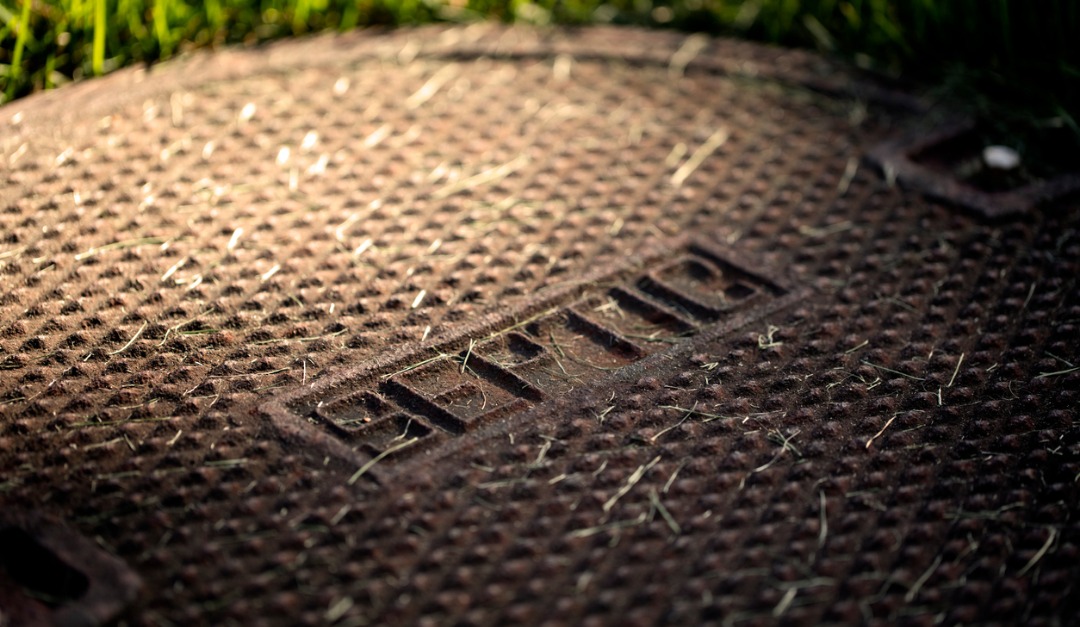
Should You Buy a House With a Septic System or a Sewer System?
Every house needs a way to handle wastewater. Septic systems and sewer systems can both accomplish that function. When looking for your next home, it’s important to know which wastewater system house utilizes before you decide to buy.
What’s the Difference Between a Septic System and a Sewer System?
With a septic system, wastewater is collected and treated on site to convert it back to usable drinking water and keep contaminants out of the soil. Drains in the house carry water to a main drainpipe, which in turn carries water to a septic tank that is located underground on the property.
A septic tank keeps wastewater separate from groundwater to prevent contamination. Wastewater in a septic tank separates into layers and needs to be pumped periodically to remove waste so the tank doesn’t overflow, leak into the yard and contaminate the groundwater.
Wastewater is carried from the septic tank to a network of perforated underground pipes in a leach field. The leach field distributes water so it can be treated by the soil, which contains oxygen and microbes that can keep contaminants from seeping into the groundwater.
With a sewer system, however, wastewater from homes in a neighborhood is carried through a network of pipes to a water treatment facility, where contaminants are removed to make the water safe to drink again. The local government generally operates a water treatment plant, and homeowners pay for this service via their property taxes.
Which Is Better?
Both a septic tank and a sewer system can be effective at treating wastewater and protecting groundwater from contamination. You may or may not have a choice. In some places, such as rural areas, a sewer system is not available and houses will automatically have septic tanks.
If you’re thinking about buying a house with a septic system, find out the size of the tank and make sure it will be appropriate for your family’s needs. If the tank is too small, you may need to have it pumped frequently, which can be expensive, or you may have to upgrade to a larger tank.
Ask to see the permit for the septic tank installation and records for repairs and maintenance. It’s a good idea to have a professional inspect a septic tank before you proceed with a home purchase. Be aware that this inspection isn’t something that’s typically covered in a standard home inspection, so you may need to pay an additional fee or bring in a specialist.
It’s also important to know the location of a septic tank. If you buy a house with a septic tank and you want to install a pool or another type of structure, the location of the septic tank may complicate things.
